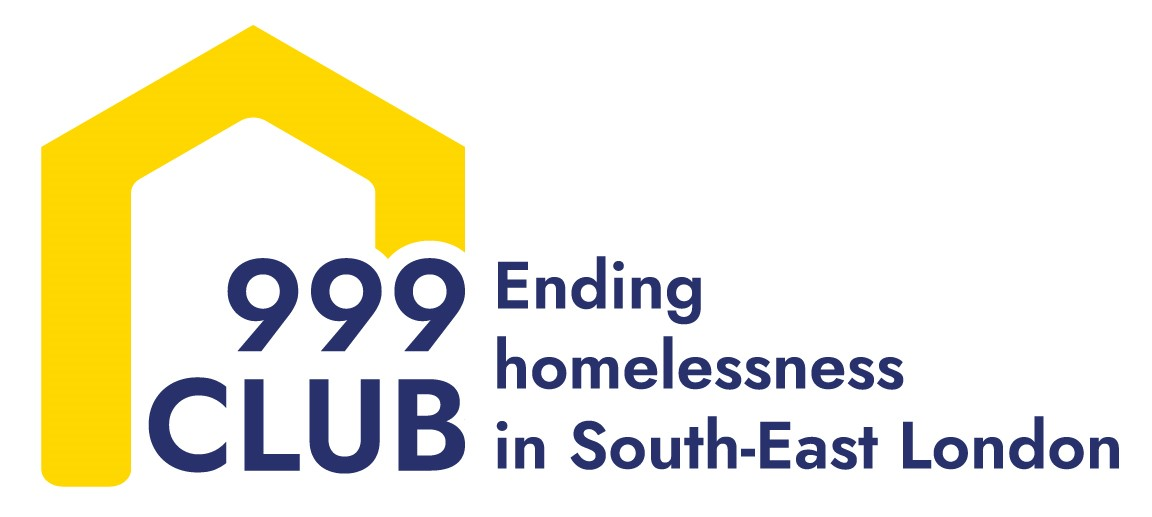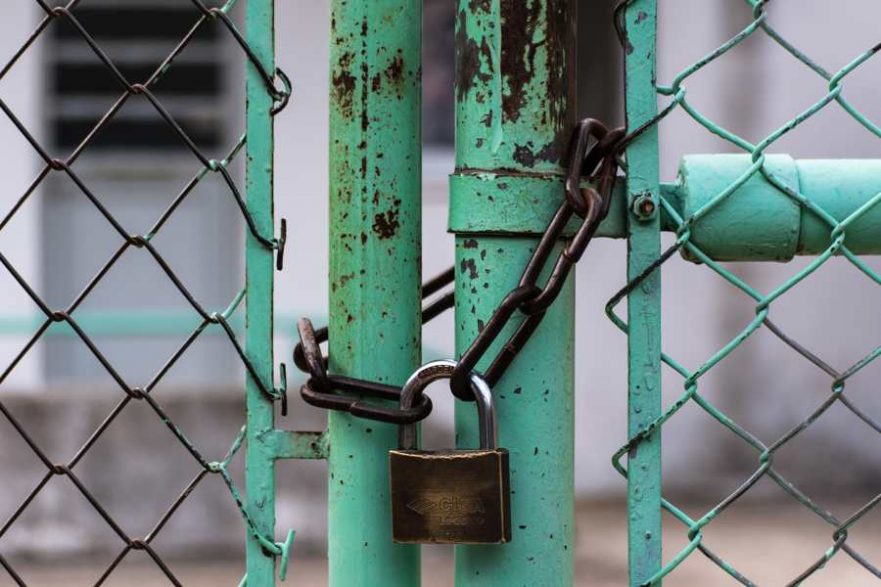Healthcare provision for homeless people is a complex area of public policy, and cutting homelessness outreach services can have unforeseen consequences. 999 Club CEO Peter Wood discusses some of the issues…
We all fall ill but we don’t all fall ill in the same way. If you’re homeless you’re more likely not just to be sick but to have multiple physical and mental health problems. It’s called tri-morbidity and stems from what we call severe and multiple disadvantages. We all know that when you have several problems at the same time they interact. There is a knock on effect. Imagine having a physical illness and a mental illness and being homeless. Life becomes close to unmanageable. That means that homeless people are more likely to be ill and more likely to be in poorer health than the rest of the population. In London, for example, homeless people are 1.5 times more likely than average to have a physical health problem, and 1.8 times more likely than average to have a mental health problem. The consequence of this is that the life expectancy of a homeless person is much lower than the rest of the population.
One of the great post-war achievements in Britain was the creation of the National Health Service, a universal healthcare system, free at the point of delivery to the people who need it. The NHS has brought us better healthcare for more people. But, sadly, not if you’re homeless. Accessing healthcare is a major problem for homeless people.
Why is that? Missed appointments cost the NHS millions every year but homeless people and those in poverty can struggle to attend for the simplest of reasons – they can’t afford to travel to the doctors. Chaotic lives, dominated by drug and alcohol abuse, also make an appointment system difficult for some to navigate. Homeless people rapidly lose contact with mainstream society. They come to feel stigmatised and can find places like a GP’s surgery difficult to negotiate. They may have a learning disability or suffer from low educational achievement. There is a tacit knowledge we all bring to our dealings with the NHS that a homeless person may lose.
On the other side of the counter, among NHS professionals there are some misconceptions about what is needed to be able to register as a patient. Some GP practices will not accept someone who does not have an address. This may not be the policy of the practice as a whole but sometimes individual members of staff on reception do not understand what is and is not required. Without a GP it can be impossible to get access to more specialist healthcare, such as diagnosis, physiotherapy or surgery.
A consequence of this is that the homeless are much more likely to visit a hospital A&E and indeed to get there in an ambulance. A study by researchers at the University of York estimated that social inequality could be associated with more than 158,000 preventable emergency hospitalisations in England. An ambulance callout costs £287 for each trip. One trip per month soon mounts up. Going through the door of A&E costs £147. Imagine four visits a month. Four visits a month, without any sustainable improvement in health. A&E, of course, exists for emergencies, not for long-term treatment. Repeat visits do not achieve the results that a treatment plan through a GP surgery, for example, will achieve. The consequence of this, in a cycle that seems impossible to break out of, is that untreated ill health reinforces homelessness and prevents people from rebuilding their lives and finding work.
It does not have to be like this. There are some ways in which we in the 999 Club can and do help. For medical purposes, we will allow people using our services to use us as a care-of address. We provide travel grants so that people can attend appointments of various kinds, from benefits assessments and to mental health appointments.
Most important we provide a safe place where medical outreach teams and homeless people can come together. At the 999 Club, a visiting nurse helps people with questions about their general health, feet, eyes, and long-term conditions such as diabetes. We also offer specialist services for dealing with addiction.
Homeless people can most easily access healthcare when it is provided in the places they visit to find other forms of support. But support for mental illness has recently changed. This year, Lewisham Clinical Commissioning Group took the decision to decommission the Homeless Mental Health Support Team. Homeless people with possible mental health issues as well as those already diagnosed are now expected to travel to a centre in the south of the borough.
The NHS is under unprecedented funding pressures, and difficult decisions have to be taken, but the danger in closing an outreach team is that costs simply move to other places in the system. Patients who are homeless can’t necessarily make it to a centre to get the support they need. Sometimes the police become involved, a further cost to the taxpayer of over £400. With the support of our local MP, Vicky Foxcroft, we have been in discussion with the Lewisham CCG. But the difficulty more generally is that while the NHS understands health, it does not understand the problems of the homeless. To find effective solutions the NHS must form close partnerships with organisations such as the 999 Club.
We are hopeful that better treatment for those with mental health problems can be put in place. We hope that the nursing team who come to our centre to treat physical health problems will not be cut but of course, nothing is certain. We do what we can to lobby on behalf of the people who use our services both for individual treatment and for better services and would like to add a member of staff who would have the sole responsibility of doing this. Without better health, mental and physical, people will remain homeless and die young.

